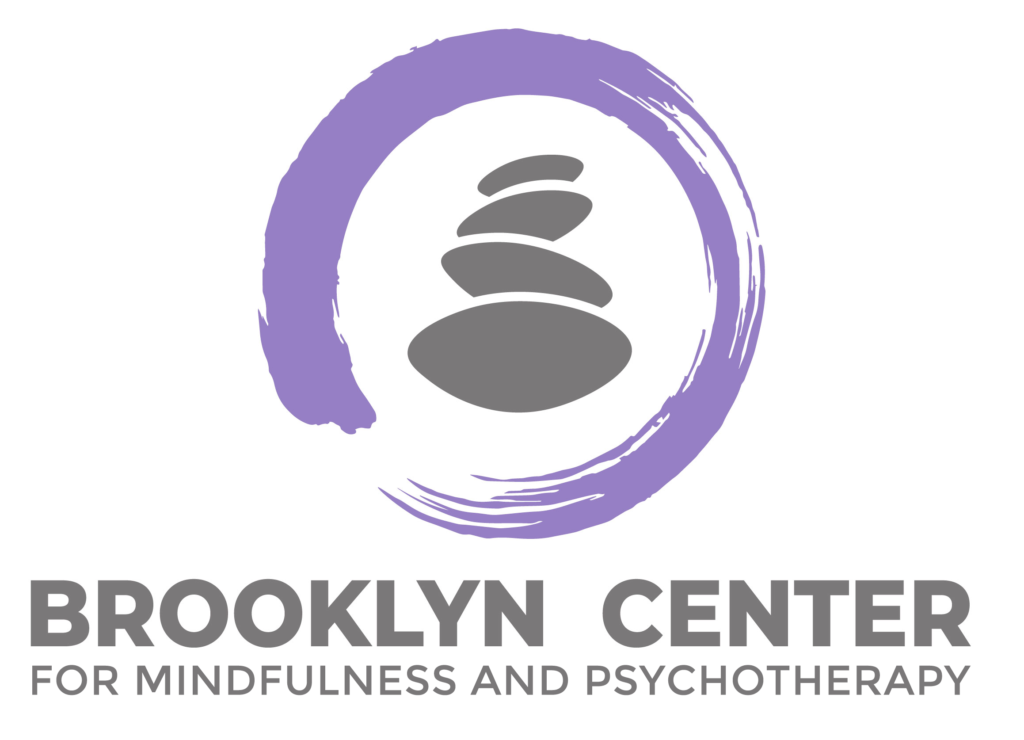Negative thinking can significantly impact an individual’s mental health, leading to conditions such as anxiety, depression, and low self-esteem. A pattern of pessimistic and self-defeating thoughts can interfere with an individual’s ability to function and lead a fulfilling life. Cognitive Behavioral Therapy (CBT) is a type of psychotherapy that can effectively treat negative thinking patterns. CBT focuses on identifying and changing negative thought patterns, developing coping skills, and improving overall emotional well-being. This structured, evidence-based therapy emphasizes practical strategies for managing negative thoughts and behaviors. This article will explore how CBT can help individuals overcome negative thinking patterns and improve their mental health.
Identification of Negative Thinking Patterns
Identifying negative thinking patterns in CBT involves observing and monitoring one’s thoughts and emotions. This process may include keeping a thought diary or journal, where an individual writes down negative thoughts as they occur. Through this process, the individual becomes more aware of their negative thought patterns and how they impact their emotions and behaviors.
Some common negative thinking patterns include:
- All-or-nothing thinking: Seeing things in black or white and not acknowledging shades of gray
- Catastrophizing: Assuming the worst-case scenario will happen
- Overgeneralization: Making a sweeping negative conclusion based on a single negative experience
- Personalization: Taking responsibility for adverse events that are out of one’s control
- Jumping to conclusions: Making negative assumptions without evidence to support them
CBT helps individuals become more aware of negative thinking patterns by teaching them to recognize and label their thoughts. Through this process, individuals learn to identify patterns and themes in their negative thoughts and begin to understand how these thoughts impact their emotions and behaviors. CBT also encourages individuals to challenge negative beliefs by exploring the evidence for and against them, which can lead to a more balanced and realistic perspective. With continued practice, individuals can develop the skill of identifying and challenging negative thoughts as they occur, leading to improved mental health and well-being.

Challenging and Reframing Negative Thoughts
Negative thoughts can be pervasive and impact an individual’s ability to function and enjoy life. In Cognitive Behavioral Therapy (CBT), challenging and reframing negative thoughts is a critical component of treatment. Individuals can improve their mental health and overall well-being by challenging negative thoughts and replacing them with more positive and realistic ones.
Challenging negative thoughts in CBT involves identifying negative thoughts and evaluating their accuracy. The individual is encouraged to examine the evidence for and against the negative review and consider alternative explanations and viewpoints. Cognitive distortions, or errors in thinking, are also identified and challenged. The goal is to develop a more balanced and realistic perspective by questioning negative thoughts and considering alternative explanations.
Techniques used in CBT to challenge negative thoughts include Socratic questioning, behavioral experiments, and thought records. Socratic questioning involves asking probing questions to examine the evidence for and against a negative review and to identify any cognitive distortions. Behavioral experiments involve testing the accuracy of a negative review through real-life experiences or experiments. Thought records involve documenting negative thoughts, identifying cognitive distortions, and challenging the belief using evidence and alternative explanations.
CBT helps individuals replace negative thoughts with more positive and realistic ones by teaching them to reframe or restructure their thinking. This involves identifying negative thoughts and challenging them using evidence and alternative explanations. For example, if an individual is prone to catastrophizing, they may be encouraged to consider alternative outcomes and evidence that contradicts the negative thought. By practicing these skills regularly, individuals can automatically replace negative thoughts with more positive and realistic ones, leading to improved mental health and well-being.
Changing Negative Self-Talk
Negative self-talk is an individual’s internal dialogue or thoughts about themselves that are harmful, self-defeating, and critical. Negative self-talk can significantly impact mental health, leading to low self-esteem, anxiety, and depression. Negative self-talk is often a result of cognitive distortions, such as overgeneralization or black-and-white thinking.
Examples of negative self-talk include:
- All-or-nothing thinking is when an individual sees things as good or bad, with no in-between.
- Catastrophizing is when an individual imagines the worst possible outcome in a situation.
- Personalization: This is when an individual takes responsibility for things that are beyond their control.
CBT helps individuals identify and change negative self-talk by teaching them to recognize and challenge negative thoughts. By identifying cognitive distortions and examining the evidence for and against negative thoughts, individuals can learn to reframe their self-talk and replace negative thoughts with more positive and realistic ones. Techniques used in CBT to change negative self-talk include thought records, behavioral experiments, and cognitive restructuring.
Thought records involve documenting and challenging negative thoughts using evidence and alternative explanations. Behavioral experiments involve testing the accuracy of a negative review through real-life experiences or experiments. Cognitive restructuring involves replacing negative self-talk with more positive and realistic self-talk by questioning the evidence for and against negative thoughts and developing alternative explanations.
Developing Coping Skills
Coping skills are strategies and techniques individuals can use to manage negative thoughts and emotions, reduce stress, and improve overall well-being. Coping skills are essential for individuals to cope with life’s challenges and prevent negative thoughts and feelings from escalating into more severe mental health issues.
Examples of coping skills taught in CBT include:
- Mindfulness meditation involves being present and aware of one’s thoughts and emotions without judgment.
- Progressive muscle relaxation involves tensing and relaxing different muscle groups to reduce physical tension and stress.
- Problem-solving skills: This involves breaking down a problem into smaller parts and developing a plan of action to solve it.
- Social support involves seeking help from friends, family, or a therapist.
CBT helps individuals develop coping skills by teaching them to identify triggers for negative thoughts and emotions and develop strategies to manage them. Individuals learn to recognize stress and anxiety’s physical and emotional symptoms and develop techniques to manage them effectively. Through CBT, individuals learn to develop healthy coping mechanisms that can be used to manage negative thoughts and emotions, reduce stress, and improve overall well-being.
CBT also helps individuals develop problem-solving skills, which can be used to identify and address problems contributing to negative thoughts and emotions. By breaking down problems into smaller parts, individuals can develop a plan of action to address the problem effectively. Through social support, individuals learn to seek permission from others when they are struggling with negative thoughts and emotions. This can provide a sense of connection and help individuals feel less alone in their struggles.
How Can Cognitive Behavioral Therapy Help with Negative Thinking?
Cognitive Behavioral Therapy (CBT) is a psychological approach that effectively treats various mental health problems, including negative thinking patterns. Negative thinking can be a symptom of multiple mental health issues, such as anxiety, depression, and post-traumatic stress disorder. CBT aims to help individuals recognize and challenge their negative thoughts, replacing them with more realistic and positive ones. This therapy involves identifying negative thought patterns, exploring their origins, and developing strategies to challenge and change them. CBT can also help individuals learn relaxation techniques and problem-solving skills, which can help them manage their negative thoughts more effectively. Ultimately, CBT can be a valuable tool for individuals who struggle with negative thinking patterns, allowing them to improve their mental well-being and overall quality of life.
Conclusion
In conclusion, the Brooklyn Center for Mindfulness and Psychotherapy offers individuals struggling with negative thinking an evidence-based and highly effective approach through Cognitive Behavioral Therapy (CBT). Individuals can overcome negative thinking patterns by identifying and challenging them, changing negative self-talk, developing coping skills, reframing negative thoughts, and improving their mental health, relationships, and overall well-being.
If you struggle with negative thinking patterns, we encourage you to seek help by contacting the Brooklyn Center for Mindfulness and Psychotherapy. Our licensed therapists specialize in CBT and can provide you with the support and tools needed to manage and ultimately overcome negative thinking patterns. Don’t let negative thinking keep you from living a fulfilling and happy life. Take the first step and reach out for help today.






